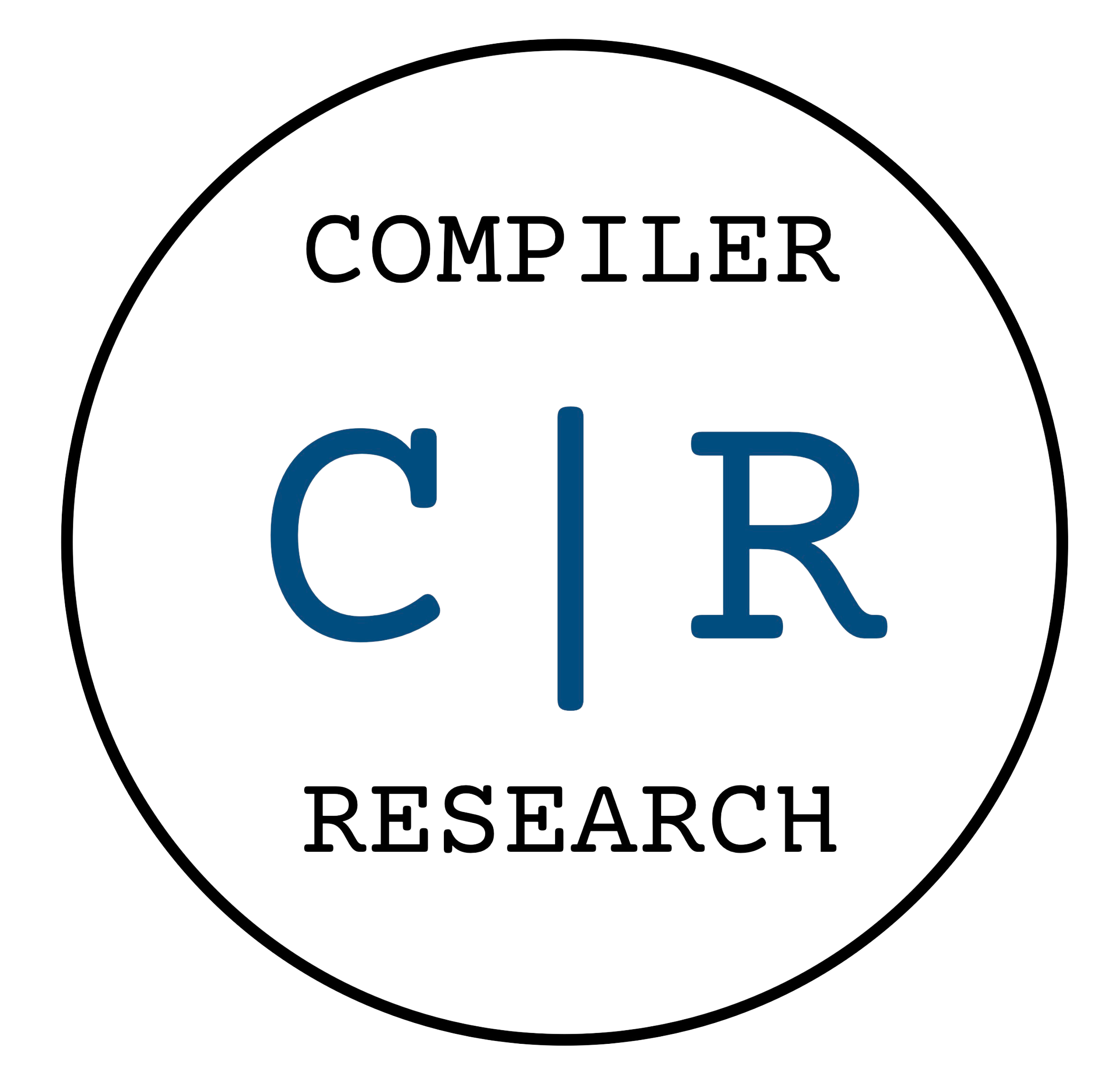Improve automatic differentiation of object-oriented paradigms using Clad
Introduction
Hi! I’m Petro Zarytskyi, and I’m a Ukrainian Mathematics student at the University of Würzburg, Germany. I’ve been programming in C++ for the past 4 years, and I’m especially interested in compiler research and static analysis. I’m very excited for the project!
Project description
The project addresses a limitation in Clad, a Clang plugin for C++ automatic differentiation, which currently cannot fully support non-trivially copyable types, restricting its use in Object-Oriented Programming. I’m going to enhance Clad’s reverse mode differentiation by modifying its forward sweep functions to store intermediate values effectively and improving the To-Be-Recorded analysis to handle nested function calls and pointer operations.
Project goals
The main goals of this project are:
-
Support functions with side-effects.
-
Support non-copyable types like smart pointers.
-
Enhance TBR analysis.
-
Optimize memory usage.
Implementation strategy
-
Work on a new system of memory management for
reverse_forwfunctions to support functions with side-effects. Improve thereverse_forwinfrastructure to make it more reliable. -
Improve TBR analysis and make it suitable for OOP. In particular, add support for pointers.
-
Work on relevant OOP-related issues to further enhance OOP support.
-
Show that the implemented changes enable more support for STL types.
Conclusion
The support for functions with side-effects is currently a major blocker for modern Object-Oriented Programming as it limits the usage of many member functions and operators. Having this system successfully implemented will not only add support for storing non-copyable types but will also make storing copyable structures more efficient because only specific parts of them will need to be stored.
Related Links
- [My GitHub profile]https://github.com/PetroZarytskyi





